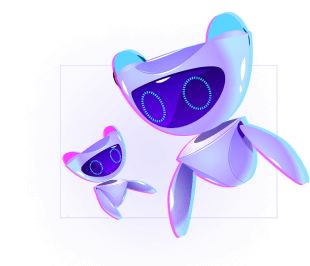Reinforcement Learning
Reinforcement learning (RL) is a unique ML paradigm in which an agent learns to make decisions by interacting with an environment and receiving rewards or penalties based on its actions. Unlike supervised learning, which relies on labeled data, RL learns through trial and error, gradually improving its strategy over time to maximize cumulative rewards.
The RL process involves three key components: an agent (the decision-maker), an environment (the system with which the agent interacts), and a reward function (a metric that evaluates the agent’s performance). The agent uses exploration and exploitation strategies to balance trying new actions with optimizing previously successful ones.
One of the most well-known RL techniques is Q-learning, a model-free reinforcement learning algorithm that helps agents learn optimal policies in environments with complex decision-making scenarios. Another approach, Deep Q-Networks (DQN), combines RL with deep learning to handle high-dimensional inputs, such as raw images in video games.
Reinforcement learning has been successfully applied in autonomous robotics, self-driving cars, industrial automation, financial trading, and game-playing AI, such as AlphaGo and OpenAI’s Dota 2 bots.



